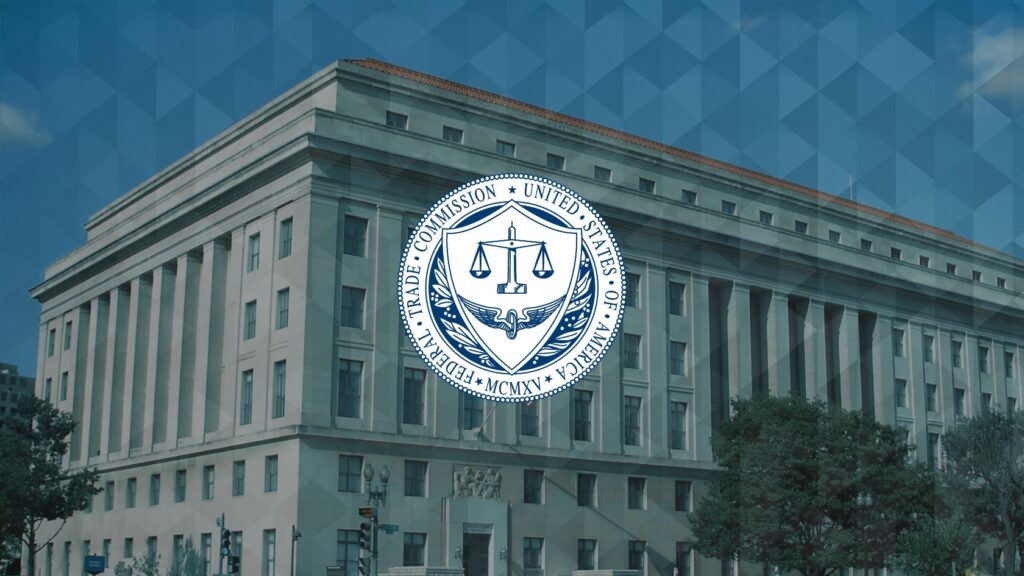In the past three weeks, the Federal Trade Commission (FTC) has taken decisive action against three businesses involved in the sale and marketing of automotive finance and insurance (F&I) products. These cases serve as a clear signal that the FTC is intensifying its focus on unfair, deceptive, or abusive acts or practices (UDAAP) within the automotive sector.
The Rising Tide of FTC Enforcement
Most recently, on August 16, 2024, the FTC filed an administrative complaint against three Texas-based affiliates of a large automotive dealership group. The complaint alleges that these dealerships engaged in “payment packing,” a practice where consumers are convinced to agree to monthly payments higher than necessary for the agreed-upon price of the car. The excess is then used to surreptitiously add aftermarket products to the sales contract—products the consumers neither agreed to nor were aware of. These items ranged from protective coatings to service contracts, all potentially costing the consumer thousands of dollars.
Just one day earlier, the FTC and the State of Arizona settled for $2.6 million with another dealership group over similar allegations. The charges included deceptive online vehicle pricing and unauthorized add-on product charges. In both cases, the FTC highlighted that the alleged deceptive practices were disproportionately aimed at racial minority consumers.
Earlier, on July 31, the FTC settled with CarShield (NRMM, LLC) for $10 million, addressing misleading advertisements and telemarketing of vehicle service contracts (VSCs). The allegations extended to false endorsements made by celebrities and consumers featured in CarShield’s ads.
These enforcement actions underscore the FTC’s commitment to cracking down on illegal practices in the automotive industry. For auto lenders, the implications are significant and warrant immediate attention.
The Implications for Auto Lenders: A Proactive Approach to Compliance
The recent uptick in FTC enforcement should serve as an alarm bell for auto lenders. While the primary targets of these actions have been dealerships, the risk does not stop there. Under the FTC’s Holder in Due Course Rule, the legal claims brought against the original seller of a contract—typically the dealership—can also be asserted against the auto lender that purchases the contract. This means that lenders could find themselves on the hook for UDAAP violations if they fund contracts and add-on products containing deceptive language and add-on products that were sold using deceptive practices.
So, how can auto lenders protect themselves in this increasingly scrutinized area?
First and foremost, auto lenders must integrate a rigorous review of F&I product marketing materials into their due diligence process. Before funding, lenders should ensure that all marketing language is free of UDAAP violations and that they comply with consumer protection laws. This review should focus on eliminating ambiguity, ensuring truthful representations of services, and avoiding misleading disclaimers or fine print.
Equally important is the meticulous review of aftermarket product contracts and disclosures. These documents should clearly state that the purchase of F&I products is optional, making it explicit to consumers that these products are a voluntary choice. By doing so, lenders can significantly reduce the potential for claims of deceptive or unfair practices.
Lastly, proactive oversight is key. Lenders should not wait until after funding to review F&I product forms. Instead, they should establish a process to scrutinize these documents in advance, thereby protecting themselves from potential UDAAP disputes and the costly consequences that could follow
F&I Product Compliance is a Strategic Imperative
The time for auto lenders to act is now. The FTC’s recent actions are not isolated incidents but part of a broader trend toward increased regulatory scrutiny of F&I products in the automotive sector. Auto lenders must adapt by adopting comprehensive compliance measures that safeguard against UDAAP violations.
In today’s regulatory environment, due diligence is not just a best practice—it’s a strategic imperative. By taking these steps, auto lenders can protect themselves from legal risks, uphold consumer trust, and contribute to a fairer marketplace. The road ahead may be challenging, but with the right approach, it is one that leads to sustainable success.
About F&I Sentinel
Six of the top 10 auto lenders rely on our Concierge Compliance Team to review contracts and disclosures for any deceptive or misleading language and ensure they contain clearly marked optional product statements. Digital copies are retained for future recordkeeping. Marketing material review capabilities are also supported. Our lender customers enjoy the peace of mind that comes from knowing that they can fund with certainty and refund with confidence.
Our dynamic compliance solutions allow for F&I product compliance for the entire F&I product lifecycle. Protect your company and schedule a no-obligation meeting with a member of our Concierge Compliance Team today.
The information provided in this post does not, and is not intended to, constitute legal advice; instead, all information, content, and materials referenced are for general informational purposes only. Readers should contact their attorney to obtain advice with respect to any particular legal matter.



